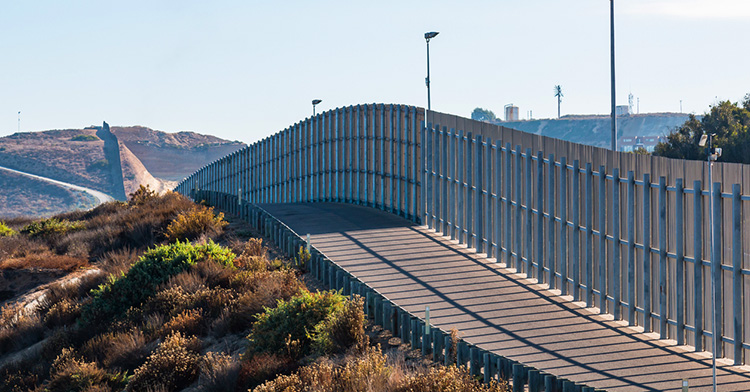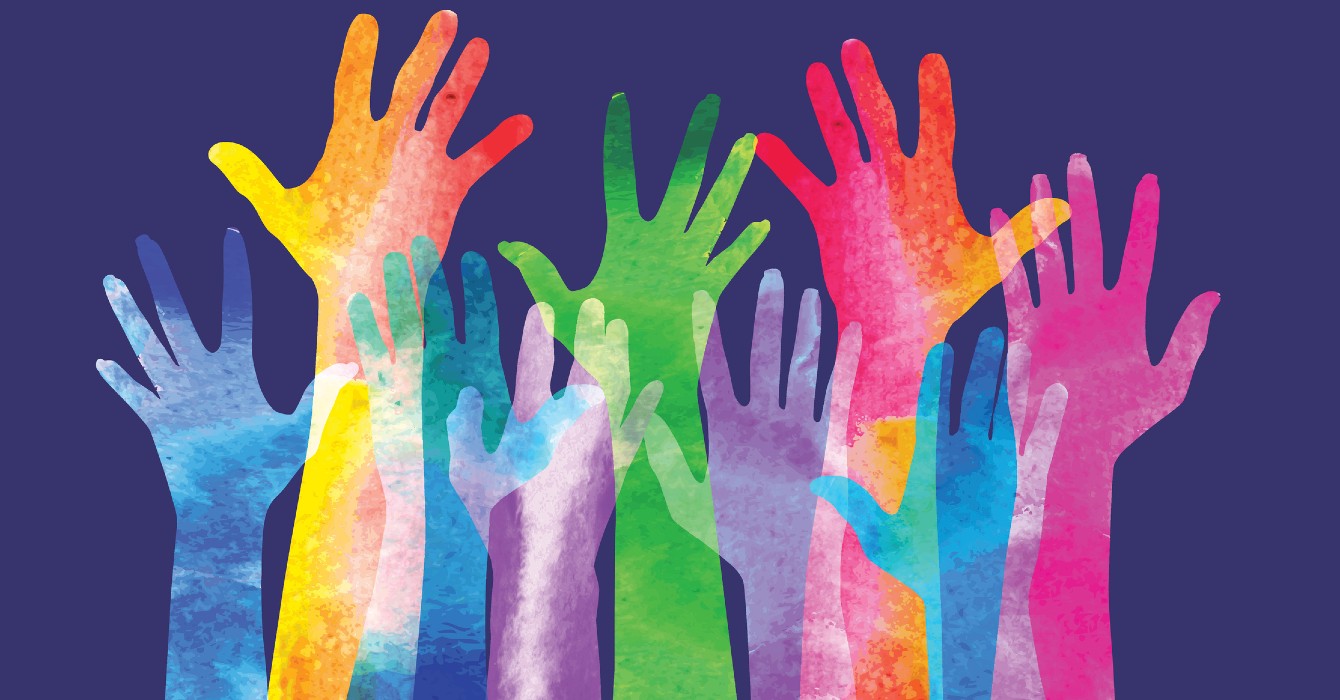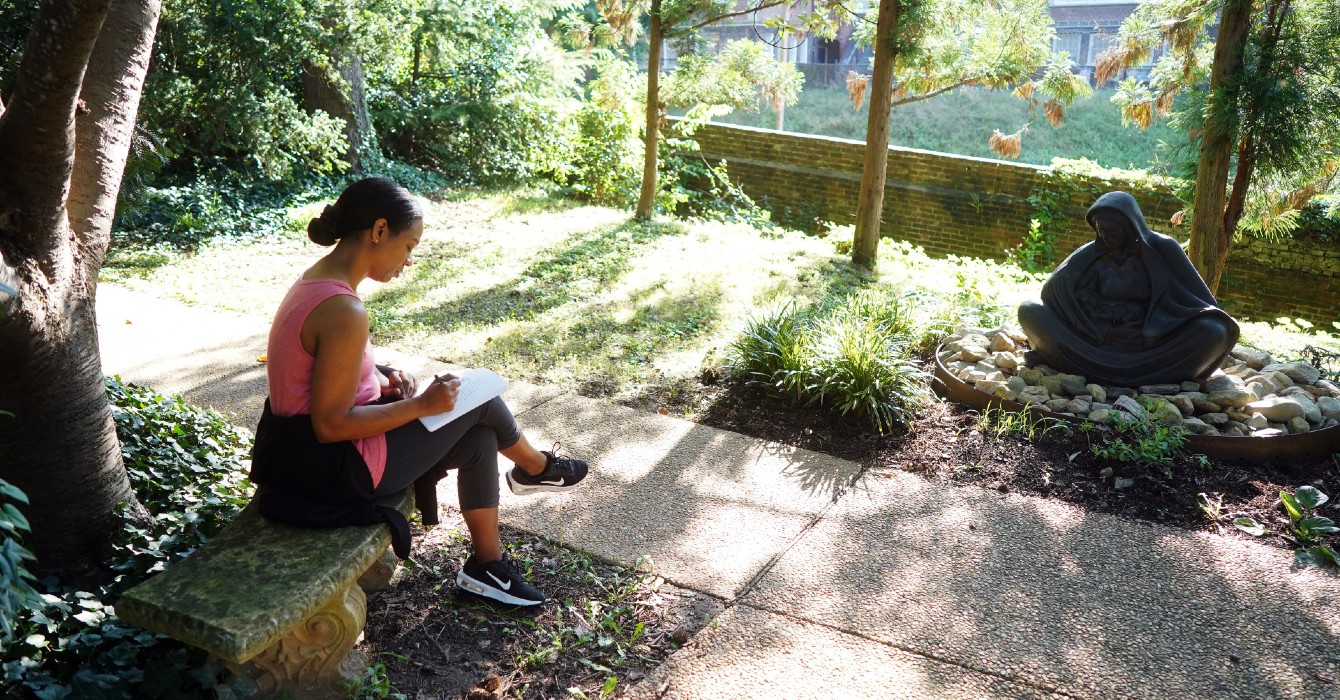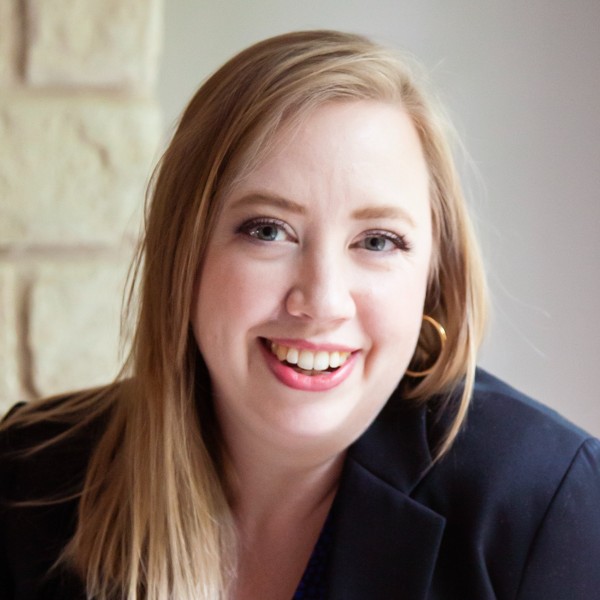Since its founding in the aftermath of the Biafra secession, the humanitarian-aid organization Doctors Without Borders has provided medical care and other assistance to people in crisis around the world.
In a number of instances, the organization has stepped out of its service role to speak out about conditions affecting its patients, often resulting in its expulsion from the country in which its doctors are working.
From forced relocations in Ethiopia in 1985 to the Rwandan genocide and North Korea in the 1990s, leaders of the organization have addressed the local and international community about dangerous crises.
 Laurence Binet is director of studies for Doctors Without Borders (known by its French abbreviation MSF). In that role, she has researched and written a series of case studies to create a record of when and why MSF has been moved to speak out.
Laurence Binet is director of studies for Doctors Without Borders (known by its French abbreviation MSF). In that role, she has researched and written a series of case studies to create a record of when and why MSF has been moved to speak out.
Binet spoke with Faith & Leadership while at Duke to speak at the Forum for Scholars and Publics. The following is an edited transcript.
Q: When you say “speaking out,” are you referring to those times when Doctors Without Borders has been critical of the people in power in the region where they’re working?
By “speaking out” we mean public positioning, public stance. It’s not only to criticize; it’s to raise the alarm. Most of the time, it’s because we don’t have access to patients.
So it could be, of course, criticizing; it could be to inform and to protest because the aid that we are trying to bring to people is being diverted. It also could be because we want to raise the alarm about a very critical situation and we are not able to solve the situation but we want the people that are responsible to take the responsibility. So we address the international community, the government -- whoever is in charge -- to do something.
Q: People may think of your work as being fairly simple: you send doctors in, they treat people, and then they go home. It’s more complicated than that, clearly.
Everywhere we go, there are authorities in charge of the territory, be they elected government or rebel group or whatever. We have to deal with these people. It’s not like we’re coming like aliens and doing what we want to do.
Q: What is the purpose of these case histories?
At the very beginning, it was for an educational purpose for the MSF staff and MSF members. We wanted to raise the level of knowledge regarding the way MSF is speaking out -- the decision making, the dilemmas we are trying to solve when we speak out.
People are busy in the field; they are treating patients, and they don’t have so many opportunities to reflect on the context. We thought that having these case studies at their disposal could give them perspective on the history of MSF and reflect on all these dilemmas.
Q: What do you think is the most important thing for the organization in understanding its history?
We want to be transparent. We want people to know about the organization. We want them to understand that we’re always intervening and operating in a context of failure. We are doing our best, but it’s not easy.
Q: You said you’re always intervening in the context of failure.
Yeah.
Q: So you’re only there when something’s gone terribly wrong.
Exactly. Because that’s our mandate -- well, our self-assignment. Our work is to help people that are going to be sacrificed if we don’t intervene. People who don’t have access to health care because of war, because of failed health structure, if there’s a storm, an epidemic and so on.
We bring assistance to people in very precarious situations. … Just to help them to go back to -- maybe not a normal life, but at least they are not wounded any longer and they can start their life again.
Q: Do these case histories go all the way back in the history of the organization?
Yes. We started with the oldest cases, the case in Ethiopia in 1985, when we were expelled from Ethiopia. It was the first time, more or less, that MSF spoke out.
Q: When you refer to dilemmas, is there a common theme, or is each one unique?
There are recurrent dilemmas. The context in which we are meeting these dilemmas is each time different. This is why it’s always a different story and different outcomes. Sometimes with the same dilemma we speak out; sometimes we decide not to. This is the beauty of this work; it’s that every time is different. Every crisis is different.
Q: What are those recurring dilemmas?
The most important dilemma is, of course, [between] speaking out or keeping operations. Because when we speak out, one of the risks is to be expelled, or to have security issues. It’s one of the main dilemmas we have each time we speak out. Are we going to take the risk or not?
Q: How have your histories been used internally?
It’s an educational tool. We try to use it in training, of course. The studies are widely dispatched within the organization; they are in the library, but as well in the field. They are published both in English and in French, so we try to reach as many people as possible.
Now we have decided to go public and to publish them on the website. We want to share this information with the people who are supporting MSF. We want to be transparent.
Q: Do you ever have difficulties interpreting what happened, or are you ever in a position of criticizing your own organization in the writing of these case histories?
No, because the purpose was not to judge. The purpose was very simple. When I started working on it, we had nothing. It was just by legend or personal memories, but there was nothing written.
The idea was at least to establish the facts. What happened? What were we doing in this crisis? What kind of operations were we doing? What did we witness? Why did we speak out? What was the decision-making process? What were the dilemmas that we were facing?
The format of the study is a chronological editing of documents and interviews. I don’t put in any assertion which is not proved by a document or an interview. It’s very rigorous work. The idea is to reconstruct the dilemma and the discussion we had at the time and not to provide an analysis 10 years later.
Q: Is the purpose for the external audience different?
No, I don’t think so. External audiences are also people that are supporting MSF in their own way: donors, people who want to be volunteers. It’s a way for them to know the organization. We have a lot of students and academics that are interested in the studies, and journalists of course.
Q: Whenever your organization is on the ground, it’s messy and chaotic, and there’s a lot of conflict, by definition. You mentioned Ethiopia. What are some of the other scenarios that you’ve written case histories about?
The genocide in Rwanda in 1994 and the aftermath of the genocide in the following years, for instance -- this area of the Great Lakes of Africa. It was one of the worst crises we have ever been through. The Chechnya wars. The Somalia war in ’91, ’93. The Kosovo crisis in 1999.
There’s a case study as well on the North Korea issue, because MSF happened to be in North Korea, on the North Korean territory, for one year and a half in ’97 to ’98. It’s not very often that an organization can be on the ground in this country.
Q: You made the decision to pull out of North Korea.
It’s more complicated than that, but we had to pull out. We couldn’t do anything properly. We were on the ground, but we couldn’t see anything. We couldn’t have access to patients. We were not even sure that our aid was reaching the most vulnerable.
We decided to speak out. It was at a time when we were negotiating another contract with the government. What happened is that they made a proposal that they knew we were not going to accept. Then we had no contract, so we left.
Q: In the Rwandan genocide, what was the dilemma, and how did the organization speak?
It took time for everybody to realize that we were experiencing genocide. It’s not so often that you are confronted with a genocide. Last time was during World War II in Europe, so it took us time to realize that. That all the people that we managed to treat, all the wounded people we managed to treat, when they went back to their homes, they were killed.
What was the sense of trying to treat people in the middle of a slaughterhouse?
It’s very difficult to imagine the situation. We ended up speaking out and saying you cannot stop the genocide with doctors. We realized that the priority was to stop the killers. Because they would carry on killing, even the patients that we had treated.
Q: Inside the organization, as people discuss these scenarios now, how does the past shape the present and the future of the organization?
Well, we can say that there are some lessons learned. [Sometimes] in a good way, sometimes in a less good way. For instance, in the ’90s, we were still thinking or dreaming that if we speak out, the international community is going to come and do something.
We also thought that because we were around, we could be protection for the population. We realized that it was not true. After the ’90s, we stopped taking for granted that our presence would be a protection.
MSF can’t protect people. It’s not our work. It’s not our mandate, and we can’t do that. That’s one of the lessons we learned.












